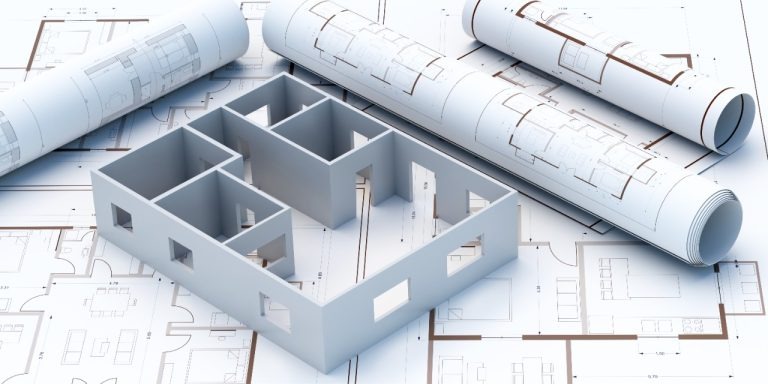Effective construction site management is vital for the success and safety of any project, particularly among the vigorous land of Dubai new building projects. Below are essential tips to ensure efficient site management:
Detailed planning and scheduling:
Thorough planning is the foundation of effective construction site management. Develop a detailed project plan that outlines tasks, timelines, and milestones. Consider factors such as weather conditions, material availability, and manpower requirements. Create a realistic schedule that allows for contingencies and adjustments as needed.
Clear communication channels:
Establish clear communication channels to ensure information flows efficiently among all stakeholders. Use daily or weekly meetings to discuss project progress, goals, and any challenges. Implement communication tools such as project management software or mobile apps to facilitate real-time updates and collaboration.
Safety first:
Consider safety at all times to protect workers and minimize accidents. Develop and enforce strict safety protocols, conduct regular safety training sessions, and provide personal protective equipment (PPE). Regularly inspect the site for hazards and address any safety concerns quickly.
Resource management:
Effectively manage resources, including materials, equipment, and manpower, to optimize productivity and minimize waste. Maintain an inventory of materials and equipment, schedule deliveries to align with project timelines, and monitor usage to prevent shortages or overages. Efficient resource management helps control costs and ensures smooth project execution.
Quality control:
Implement robust quality control measures to maintain high construction standards and meet client expectations. Conduct regular inspections and quality checks throughout the project lifecycle. Address any deviations from specifications quickly to prevent rework and delays.
Risk management:
Anticipate and mitigate risks that could impact project timelines or budgets. Identify risks related to weather, subcontractor performance, regulatory compliance, and supply chain disruptions. Develop contingency plans and risk mitigation strategies to address unforeseen challenges effectively.
Stakeholder engagement:
Engage with stakeholders, including clients, architects, engineers, and local authorities, throughout the construction process. Keep them informed of project milestones, changes, and challenges. Address their concerns quickly and seek their input to nurture collaboration and maintain project alignment. Also, maintain accurate documentation of all project activities, including contracts, permits, daily logs, and change orders. Keep inclusive records of expenditures, timelines, and communication to track project progress and ensure accountability. Regularly update stakeholders with progress reports and financial summaries.



